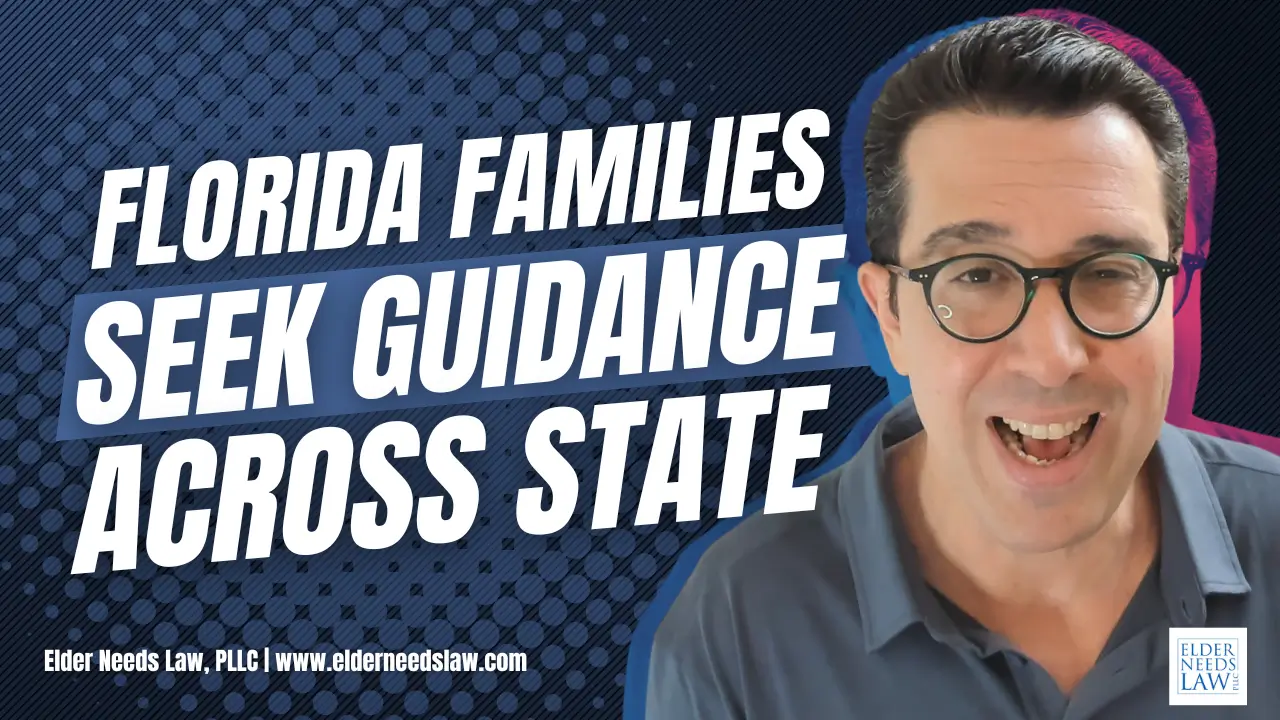Do children have to pay mother or father’s debts after they pass away?

When a parent dies there are often unpaid bills. Typically when someone’s mother or father passes away, money is often owed to nursing homes, assisted living facilities, credit card, mortgage debt and utility/FPL bills.
When your parent (or anyone for that matter) passes away, if the estate has any assets, those assets are first paid to creditors who submit valid claims to the probate court. If there are little to no assets to be marshalled into the estate, many of these creditors will have to write off the uncollectible debt.
Filial support refers to a statutorily-imposed obligation for adult children to be financially responsible for the debts or obligations associated with the care of an elderly parent. Filial responsibility laws differ between states. Florida does not have filial responsibility laws. States, such as California, Massachusetts and Pennsylvania do.
Do Children Have to Pay the Debts left by their Mother or Father?
Generally, no. But there are certain circumstances where children may have to pay off the debts left by their parents. A son or daughter will have to pay the debt of their mother or father, for example, if the childco-signed on a loan or is a joint account holder on a credit card. In these situations, just because one party has died, does not mean that any portion of the underlying debt is extinguished.
Children often want to keep the family home. If there is a mortgage on the property the children will either have to assume the loan (with the bank’s permission) or will be forced to sell the property to pay the bank what they are owed (the children only get a portion of the proceeds if there is any money left after the mortgage is paid off). Luckily, if the mortgage balance is greater than the value of the real estate, the bank will be out of luck and will not be able to go after the deceased homeowner’s children (again,unless they co-signed on the loan).
Does a son or daughter have to pay the nursing home or ALF bill?
Probably the most common concern I get from clients is when an elderly parent accumulated a large unpaid nursing home or ALF bill and then passes away. Remember, Florida does not have filial support laws (unlike other states). However, some nursing homes and ALF’s will, in their intake paperwork,insert language that, if signed by the resident’s child, will make that child “personally guarantee” the facility’s bills. If a child personally guarantees the obligations of their elderly parent, then in that situation, a child could beheld responsible for their parent’s unpaid ALF or nursing home bills after the elderly parent dies.
Children should avoid signing as a “responsible party,” “co-signor”or “personal guarantor.” If signing per a durable power of attorney, make sure you clearly sign “[your name], as [agent / attorney-in-fact] for [elderly parent's name]”, if you really want to drive the point home, you can add, “and not in my individual capacity.”
Can an Assisted Living Facility or Nursing Home Require a Child to Pay their Parent’s Unpaid Facility Bills?
As I explain in a prior blog post (what to expect in an ALF agreement), nursing homes / skilled nursing facilities are prohibited from requiring third-party guarantee agreements (but it may be able to be voluntarily given, so be careful). However, no such restriction is placed on Assisted Living Facilities – meaning they can require a son or daughter to personally guarantee their parent’s ALF debt). So if an ALF insists on a personal guarantee, you’ll have to decide if it’s worthwhile. However, this point is often negotiable (depends on whether the facility has a large number of beds available) and so if your preferred assisted living facility requires a co-signor, certainly try to push back.
What if a child starts paying some of their parent’s bills – are they obligated to continue paying?
No. Just because you pay a portion of your parent’s bills,even for a prolonged period of time, does not by itself obligate you to continue paying those bills or have to pay any unpaid balances upon the parent's death. However, you’ll be in the facility’s billing system – so you may continue receiving bills and, if left unpaid receive collections or dunning letters. We highly suggest that children do not pay any of your parent’s bills from the son or daughter’sown account. Rather, it is a better practice to deposit money into the parent's account and keep payments coming from parent’s account in the parent’s name.
A Few Tips For Children of Elderly Parents
With credit cards, you can get a parent their own credit card with a low spending limit so that large expenses do not begin to accumulate on an account jointly owned by both parent and child. This is preferable to just giving your parent access to your own credit card. If its your credit card, its your debt too!
Don’t commingle your own funds with your parents in a joint bank account. If you deposit your own money into mom or dad’s bank account, it is subject to garnishment from creditors and will count against them for Medicaid-qualification purposes. If your mother or father needs assistance paying bills, most banks offer the ability for the account holder to add someone who isn’t a co-owner of the account, with check-writing capabilities.
Don’t cosign on any loans.
Like everything on this website, applicable laws are subject to change. If I write a blog post in one year -the law may change the following year and so you should never rely on the internet for legal advice. If you need any assistance or guidance from an elder law attorney, please do not hesitate to call.
.png)






